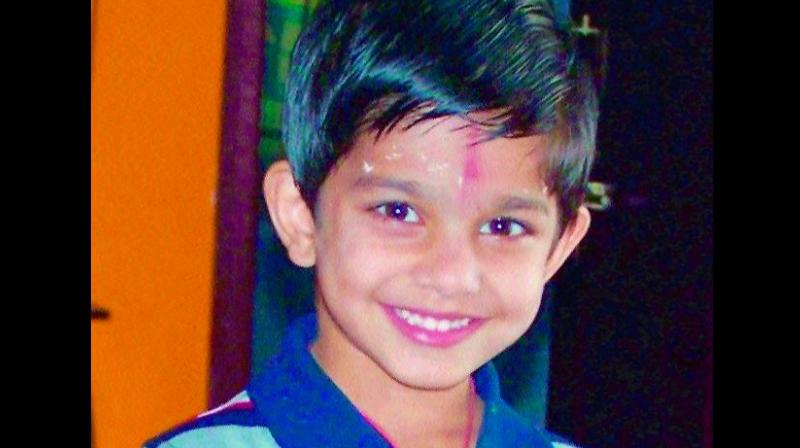Hardik Jena case triggers debate on death during surgery

Hyderabad: The report submitted by the medical board on the death of nine-year-old Hardik Jena has once again triggered a debate in the medical fraternity on patients’ death on the operation table or wrong assessment of anaesthesia dosage and post-operative care.
Hardik Jena died due to complications arising after he was administered general anaesthesia for a plastic surgery. The doctors could very well have done the operation with local anaesthesia and avoided complications.
A senior doctor said on condition of anonymity, “Many children come with deep cuts and bruises, but they are given basic treatment and the healing process is allowed to take place naturally. Plastic surgery is needed only in cases where the wounds are very deep and can be prone to infection. Such surgeries are done for commercial reasons and that brings a bad name to the whole fraternity.” The debate has brought to the fore the subject of emergency and non-emergency surgeries.
Doctors say that a majority of members of their fraternity give patient-care its due importance, but there is a small percentage of practitioners who exploit patients for profit. Dr Ashiwn Kumar, a senior general physician, said, “People have high expectations from medicine and believe it will make fit as a fiddle again. Current marketing strategies in the healthcare system may state that the person has been cure and is able to work again. People construe that the person is back with the same amount of energy and stamina. But that depends on a lot of factors like food habits, ability and will of the body to bounce back. These aspects are not understood by people. The probabilities and possibilities in medical treatment are being discounted, which is leading to problems.”
Also, standard medical procedures which work for a 1,000 people can turn out fatal for one or two. This sort of probability is factored in in the medical profession, but it can’t be said for sure which kind of patients it will strike.
Dr K.K. Aggarwal, president of IMA, said, “While the motto is to treat the disease and save the patient till the last minute, often in cases that have gone wrong it is construed that the doctor neglected the patient wilfully. This is a wrong argument. Also, there can be disparities in following the right protocol or the combination of medicine administered and other medical aspects, but to say that it was done to wilfully harm a patient is a completely wrong.”
However, with too many cases coming to the fore, IMA has asked the state medical councils to ensure that doctors take care of patients effectively and keep communicating with the family members.

